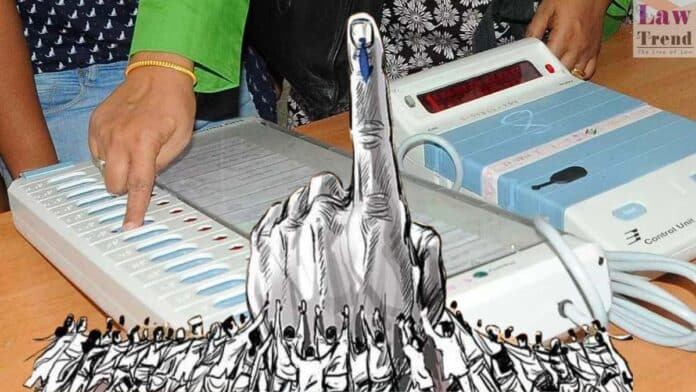With the announcement of the Lok Sabha elections by the Election Commission of India (ECI), the Model Code of Conduct (MCC) has been enforced to ensure a level playing field for all candidates and political parties.
The MCC, a crucial instrument for maintaining the integrity of elections, will be in effect until the final results are announced, guiding the conduct of political entities throughout the election period.
The MCC is a comprehensive set of guidelines developed by the ECI to regulate electoral campaigning and prevent any actions that could unfairly influence the electorate. It covers a wide range of activities, from financial declarations by candidates to the use of government resources for campaigning.
Upon the enforcement of the MCC, several restrictions come into play:
- Financial grants by candidates are halted.
- Governments are barred from launching new projects or laying foundation stones.
- Promises of infrastructure development or ad-hoc appointments that could sway voters are prohibited.
- The use of discretionary funds by ministers or candidates for sanctioning grants is not allowed.
- Government machinery, transport, and personnel cannot be employed for electioneering.
- Public facilities must be equally accessible to all electoral parties for gatherings.
- Government accommodations should not be utilized for election-related activities.
- Official media must maintain neutrality and not propagate biased political content.
- Exploiting communal sentiments, spreading rumors, or engaging in voter bribery or intimidation is strictly forbidden.
Also Read
The MCC first came into existence during the 1960 Assembly elections in Kerala, marking a significant step in India’s electoral history.
Its effectiveness in ensuring fair play and transparency led to its nationwide implementation in the 1962 Lok Sabha elections.
The 1991 Lok Sabha elections saw a stricter enforcement of the MCC in response to concerns over election norm violations and corrupt practices.




